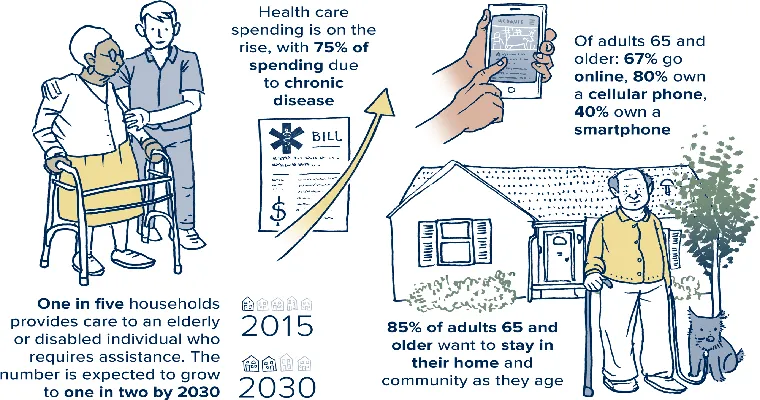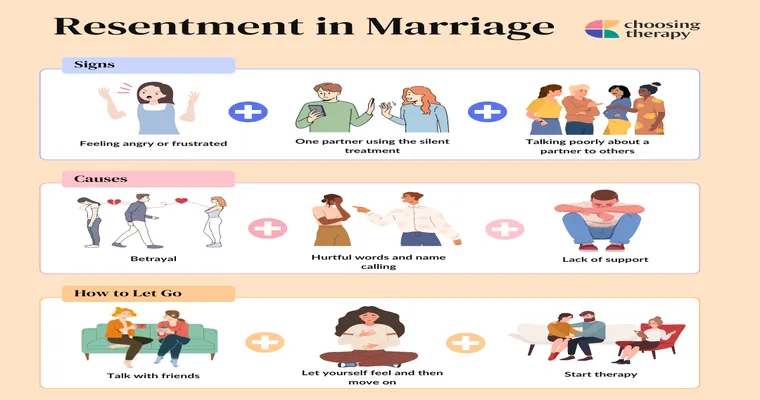In today's society, there is an increasing "expectation" among many elders for their children to sacrifice their own lives to cater to their "needs" and "happiness". This phenomenon raises important questions about familial obligations, generational shifts, and the evolving dynamics of "caregiving". As we delve into this topic, it becomes evident that various social, economic, and cultural factors contribute to this trend.
One of the primary reasons for this expectation is the "changing family structure". In previous generations, families often lived in extended arrangements where multiple generations cohabitated. This setup allowed for a more communal approach to caregiving, with various family members sharing responsibilities. However, as society has evolved, many families have shifted to nuclear structures, leading to greater reliance on fewer individuals for support. Elders may feel that their children, as the primary caregivers, should take on the burden of ensuring their well-being.
Additionally, the "economic landscape" plays a significant role in shaping these expectations. Many elders grew up in a time when job security was more stable, and retirement benefits were more generous. Today, however, financial insecurity is rampant, and many elders find themselves without adequate savings to support their later years. This reliance on their children for financial assistance and emotional support can create a significant burden, leading to feelings of guilt and resentment among younger generations.
Moreover, the rise of "individualism" in contemporary society has shifted the focus away from collective family responsibilities. While this cultural shift has empowered younger generations to pursue their own goals and aspirations, it has also created a disconnect between what elders expect and what their children are willing to provide. Elders may feel that their children owe them for the sacrifices they made during their upbringing, resulting in an unbalanced dynamic where the needs of the elders overshadow the desires and ambitions of the younger generation.
Furthermore, the advances in "healthcare" and technology have extended the lifespan of many individuals, allowing them to live longer but sometimes in a state of increased dependency. As a result, seniors may expect their children to be available for caregiving longer than previous generations did. This expectation can lead to a sense of entitlement, as elders may view their children's support as a necessary component of their happiness and quality of life.
To navigate these complex dynamics, open communication between generations is essential. Discussions about "boundaries", responsibilities, and mutual expectations can help alleviate some of the pressures felt by both parties. It is crucial for children to assert their own needs and aspirations while also recognizing the realities their parents face. Striking a balance between support and independence will foster healthier relationships and help mitigate feelings of resentment.
In conclusion, the expectation for younger generations to give up their lives to provide for the needs and happiness of their elders stems from a confluence of societal changes, economic realities, and cultural shifts. By fostering understanding and open dialogue, families can navigate these challenges and create a more equitable approach to caregiving that honors both the needs of the elders and the aspirations of the younger generation.





